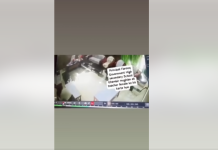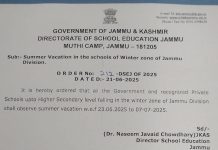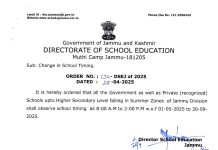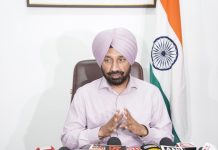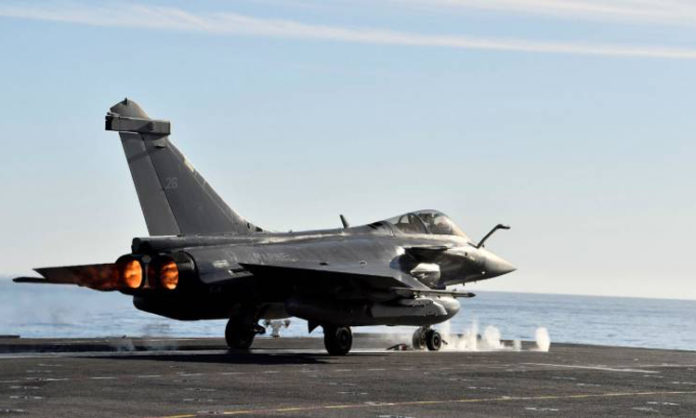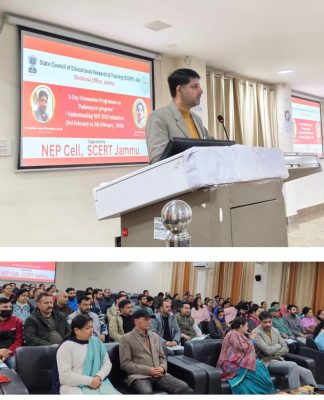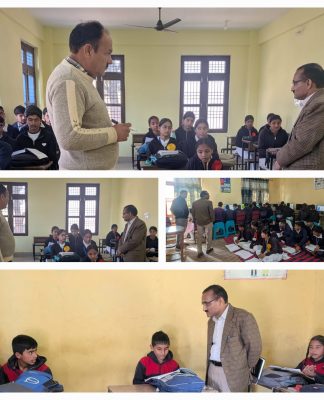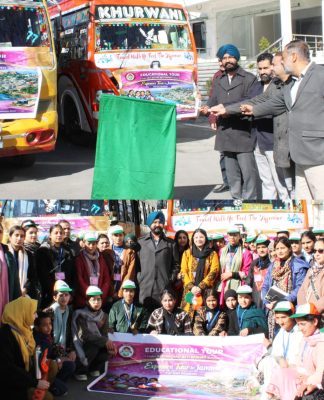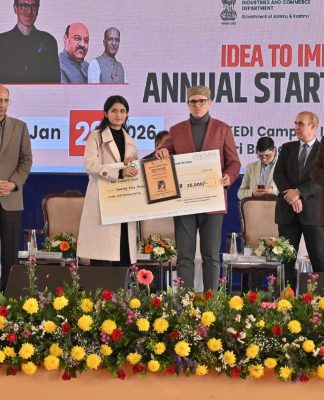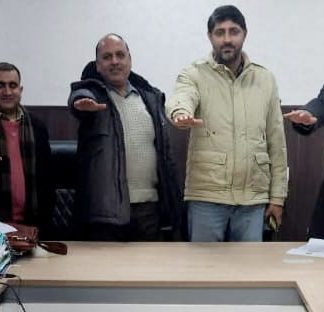New Delhi, March 6: As the Supreme Court on Wednesday began hearing review petitions on the Rafale jet deal, the government told the court that Rafale papers were stolen from the defence ministry.
The top court is hearing petitions seeking review of its December 2018 verdict refusing to order a probe into the Rafale fighter jets deal.
The Centre took a strong exception to advocate Prashant Bhushan reading out from “secret” documents in the Supreme Court. Attorney General KK Venugopal said these documents were stolen from the government either by current or former officials.
“What have you done about it?” the three-judge Bench headed by Chief Justice Ranjan Gogoi asked the Attorney General.
Venugopal said an investigation had been ordered into the matter.
The CJI refused to accept any new documents from Bhushan, including ‘The Hindu’ reports, and asked him to confine himself to the documents already on record.
The apex court also refused to hear the review petition filed by AAP leader and Rajya Sabha MP Sanjay Singh. The Bench said the statement made by Singh on its verdict is derogatory. The CJI said the court would take action against him after completing the hearing on the review petitions. Before the action is taken, Singh would be given an opportunity to explain his conduct, he said.
Prashant Bhushan said there was an attempt to intimidate the petitioner on the part of the Attorney General, who raised the issue of certain documents which are already in the public domain. Such an attempt amounted to criminal contempt of court, Bhushan added.
The Attorney General, explaining the government’s case, sought the dismissal of the review petitions.
Justice KM Joseph asked Venugopal to restrict his arguments to the review petitioners’ plea that their prayer had not been considered.
Justice Joseph said the government could not have a general proposition that no secret documents could be considered. He said there were a large number of judgments which said courts could look into secret documents even when the government had claimed privilege in terms of Section 123 of the Indian Evidence Act, 1872.


